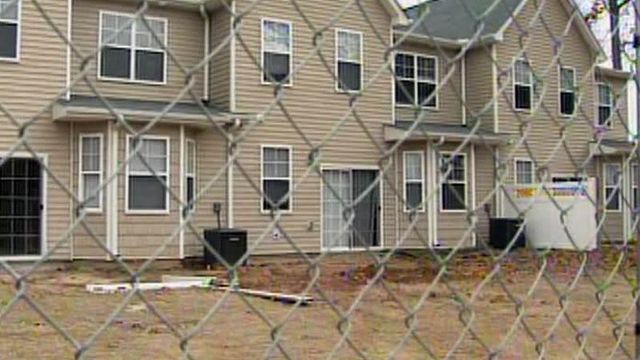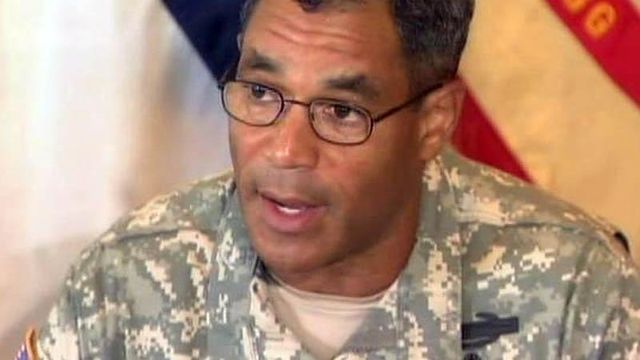Bragg: No connections found in infant deaths
Fort Bragg officials said Tuesday that they haven't yet found any links between the deaths of 10 infants in military housing on post since the beginning of 2007.
Posted — UpdatedCol. Stephen Sicinski, garrison commander at Fort Bragg, said he called for an in-depth investigation after two infants died in the same home in a three-month period last year.
"When we had two infants deaths relatively back to back and also in the same quarters, it popped off a couple of alarm bells in my head," Sicinski said during a news conference.
The Army Criminal Investigation Command and the Armed Forces Institute of Pathology are assisting Fort Bragg officials to determine if faulty construction or environmental factors played a role in any of the deaths.
The initial investigation has revealed no common factors in the deaths, said Chris Grey, a spokesman for the Criminal Investigative Command.
One of the babies died of Sudden Infant Death Syndrome, but medical experts haven't been able to determine the cause of death of seven of the babies, officials said. The remaining two deaths remain under investigation.
Grey refused to identify where the deaths occurred, saying they involved neighborhoods across the post and were in both new and old construction.
Officials said the home where the two infants died is vacant and will remain so until the investigation is completed.
John Shea, a manager for Picerne Military Housing, which constructs, renovates and manages the housing on Fort Bragg, said he was "very confident" that no Chinese-made drywall is in any of the homes on post, based on the results of extensive testing.
Chinese drywall has been linked to numerous health and structural problems in U.S. homes in recent years.
Sicinski said investigators have found no evidence of toxic mold in the houses, despite anecdotal evidence from some people living on post who said they have found mold in their homes.
"Our housing is world-class," Brig. Gen. Michael Garrett, chief of staff for the XVIII Airborne Corps. "We test, we do things to a very, very high standard to ensure that our soldiers and their families have the absolute best quarters that we can provide them."
Fort Bragg has almost 6,200 households, and officials said they want to keep the investigation in perspective.
"While every death is tragic, I'll tell you, based on our preliminary stub-pencil look at it, the rates are actually quite low," Sicinski said.
Garrett said the Army is conducting a "full spectrum of environmental testing" to see if experts can find anything the military can do to prevent more deaths. He and Sicinski vowed that investigators would immediate test homes if people feared a problem with their residence.
"This is a serous matter," Garrett said. "I can assure you that this will receive the personal attention of the leadership of Fort Bragg."
• Credits
Copyright 2024 by Capitol Broadcasting Company. All rights reserved. This material may not be published, broadcast, rewritten or redistributed.






